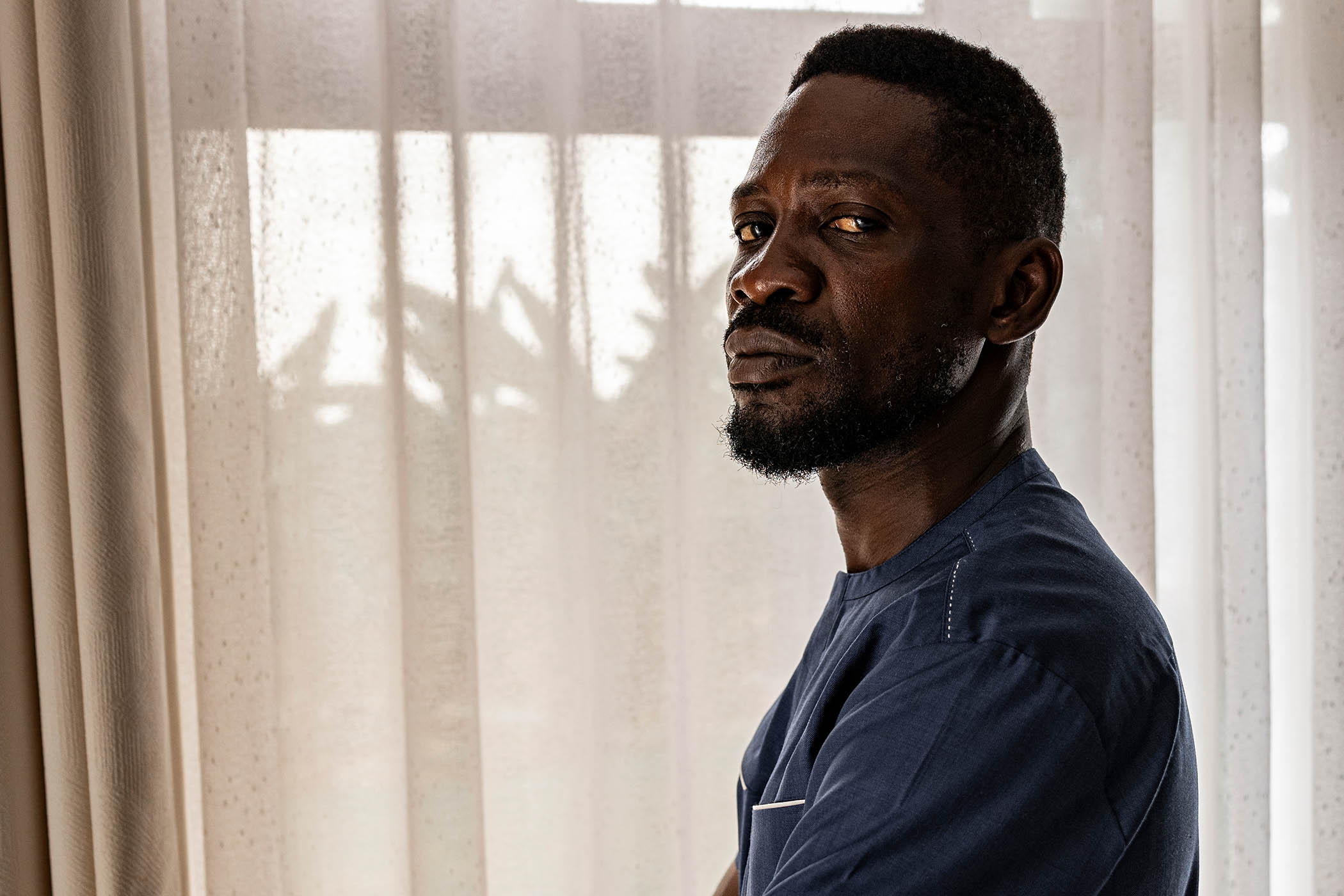The personality of successful news organisations has often been shaped by a single great editor. In the case of The Observer, it was David Astor, who was editor from 1948 to 1975.
He recruited brilliant people. He championed progressive causes – such as human rights and the decolonisation of Africa. He was brave: The Observer’s attack on the UK’s shameful intervention in the Suez Canal crisis of 1956 stands out as one of the great moments in Britain’s media history since the second world war. And he was successful. On his watch, the voice of The Observer was taken seriously around the UK and across the world.
The business of journalism has changed fundamentally over the past sixty years. But the values that Astor stood for are still relevant today, especially at a time when demagogues are taking political power around the world. He summed up The Observer’s guiding spirit in a confidential memo written in 1959 entitled “On the Soul of the Paper”:
“In the character of this paper, ethics matter more than politics. The particular ethics could be roughly defined as trying to do the opposite of what Hitler would have done. In fact, that may be their historic origin, as the paper’s present personality was established in and just after the last war by people drawn together more by being ‘anti-Fascist’ than by anything else.
Personally, I admit to being haunted by what Hitler showed to exist in all of us ordinary people, and therefore to being especially interested in antidotes to the kind of thinking he stimulated in people and they so readily adopted. I don’t think that kind of thought and behaviour is specifically German, and believe that those who do are themselves unconsciously thinking in his terms.”
In the same memo, he described himself and The Observer’s staff as “liberals, as internationalists”, and he went on to list what he described as “contra-Hitler attitudes”. They included:
“Treating opponents respectfully, opposing those who work up hatreds, but doing so non-violently; trying to understand people and to explain them to each other; valuing differences, not exaggerating your own case; avoiding overdramatisation or enjoyment of the sensational; practising moral courage, particularly daring to stand up to ridicule, and showing respect for that in others; discouraging herd thinking, particularly among those ‘on our side’; religiously, pedantically respecting truth; honouring reason and its extension to the study of the overwhelmingly irrational in all of us; challenging taboos and legends, particularly those our sort of reader usually accepts; avoiding the cheap and the spurious, and resisting the idea that it doesn’t matter much what we say as it will soon be forgotten; cultivating moderation with ‘extreme’ endurance; discouraging fighting for its own sake, but daring to pursue an unpopular cause solitarily; being wary of destructiveness, even when represented as an entertaining, cleansing or rejuvenating operation; deliberately cultivating doubt and scepticism, but not cynicism; practising self-criticism – as liberals, as internationalists, as journalists – as well as dishing it out to everyone else.”
All this remains the guiding spirit of The Observer today.
Newsletters
Choose the newsletters you want to receive
View more
For information about how The Observer protects your data, read our Privacy Policy

